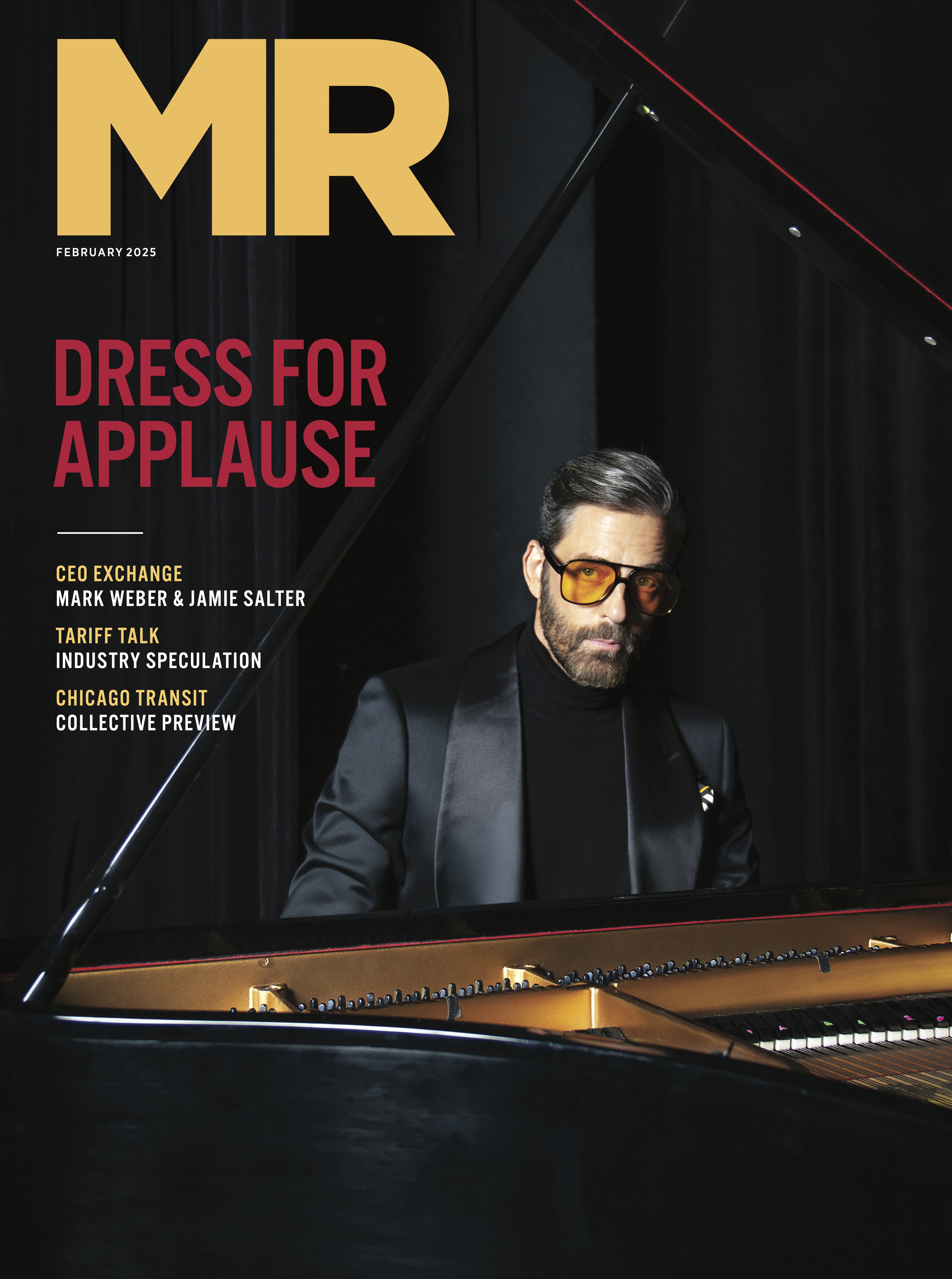How Sustainable Is Your Wardrobe?

With the launch of Gucci Equilibrium – an online platform “designed to connect people, planet and purpose” – in the same week as both World Environment Day and World Oceans Day, the brand picked the perfect moment to start a fresh conversation about the impact of the clothing industry. Cynics might call out such efforts – but consider this: according to the 2015 Nielsen Global Corporate Sustainability Report, 73 percent of millennials would pay more for sustainable products. There is clearly a business argument for taking the pressure off our planet – and that means there may be real substance behind Gucci’s plan. According to the 2018 Pulse of the Fashion Industry report, other brands are listening too: it revealed that 75 percent of fashion companies have improved their environmental and social performance over the past year. But with the demand for greener goods comes the demand for greater transparency. Much like the word “healthy” in relation to food, there are few trading standards that define what “sustainable” or “conscious fashion” actually mean. And until there are, greenwashing – the practice of making an unsubstantiated or misleading claim about the environmental benefits of a product, service, technology or company practice – is likely to be widespread across the industry and beyond. Read more at Vogue.

